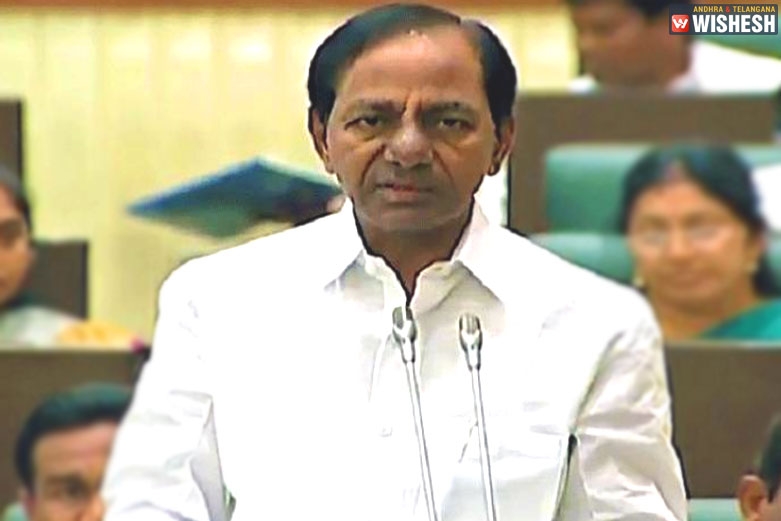Special Correspondent
Chief Minister K Chandrasekhar Rao has strongly opposed the amendment draft of power sector proposed by the union government, describing it as “draconian and dangerous.”
The state legislative on Tuesday adopted a resolution against the amendment and said that the control over the power sector will go into the hands of the central government and that the amendment would put a huge burden on the states if it becomes law.
“The proposed amendment is totally against the federal spirit of the constitution,” KCR said, speaking in the legislative Assembly. He said the amendment would allow private companies into the power production and distribution.
Power reforms
The amendment draft to the Electricity Act 2003, which was circulated to the states, is aimed to bring reforms in the power sector, including setting up a regulatory commission or Electricity Contract Enforcement Authority (ECEA) at the central level to take care of power purchase agreements, decide charges that should be paid by consumers without subsidy. The amendment will provide an open access system to consume electricity to the consumers without any subsidy or cross subsidy.
The regulatory Commission (ECEA) will decide the charges to be paid by the farmers, who are at present being given free electricity through 24/7 free power scheme in Telangana. The state government is providing an excess of Rs 10,000 crore annually in the form of free power to farming sector.
Burden on states
KCR said that meters would have to be fixed at all the 25-lakh pump sets of farmers, for which the distribution companies will have to spend around Rs 700 crore for the installation. Further, the government has to spend another Rs 7 crore to pay for 2,500 meter-readers every month, he said.
According to the new act, the states will also have to procure 20% of renewable power from its total power consumption. If not, the amendment will ensure a penalty of Rs 0.502 a unit. This is to promote renewable energy and to enable states to adopt renewable purchase obligation (RPO) norms.
Crisis in the power sector
The power sector is incurring losses across the country, and it is mainly attributed to the poor management, wastage in supply of power and irregularities in the sector. If we add all the losses incurred by all the state, the total loss will come around 1 lakh crore.
Many leaders face allegations of irregularities in purchasing power. The YCP government accused Chandrababu of paying high charges to private power companies during the latter’s regime. TRS government is also criticized for purchasing power from Chhattisgarh government at a higher price.
The central government is bringing the reforms in an attempt to streamline the process and to bring the sector out of crisis.




